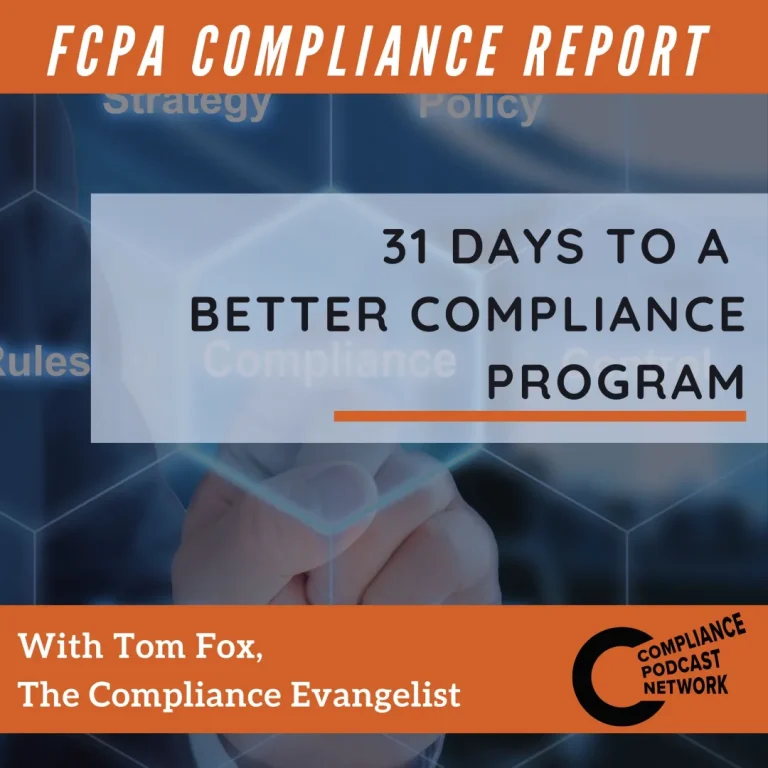Today, we’re diving into the significance of exit interviews in fully operationalizing a best practices compliance program. Exit interviews provide a valuable opportunity to gather unfiltered insights from departing employees, allowing organizations to enhance motivation, efficiency, and effectiveness. In this blog post, we’ll explore the practical benefits of conducting exit interviews and how they can transform departing employees into lifelong advocates for your organization.
The exit interview can be a further mechanism to operationalize compliance. This type of interview is used when someone voluntarily departs from a company, as opposed to a lay-off or reduction in force exercise. Typically departing employees are more willing to share about their experiences, concerns and issues which led to their employment departure.
Exit interviews are a powerful tool for fully operationalizing a best practices compliance program. They provide organizations with invaluable insights into employee perceptions, job design, and culture. By treating departing employees with dignity and respect, organizations can transform them into lifelong advocates, defending the organization’s reputation and recommending it to potential employees. Compliance ambassadors play a crucial role in strengthening compliance efforts, providing additional resources and support in regulatory issues. By asking detailed questions and fostering collaboration between compliance and HR, organizations can harness the power of exit interviews to enhance motivation, efficiency, and effectiveness in their compliance programs.
Three key takeaways:
- The exit interview is an excellent opportunity to obtain information to inform your compliance program.
- Use the exit interview to create advocates from departing employees.
- Use the exit interview for probing and insightful questions around compliance.
For more information, check out The Compliance Handbook, 4th edition here.



